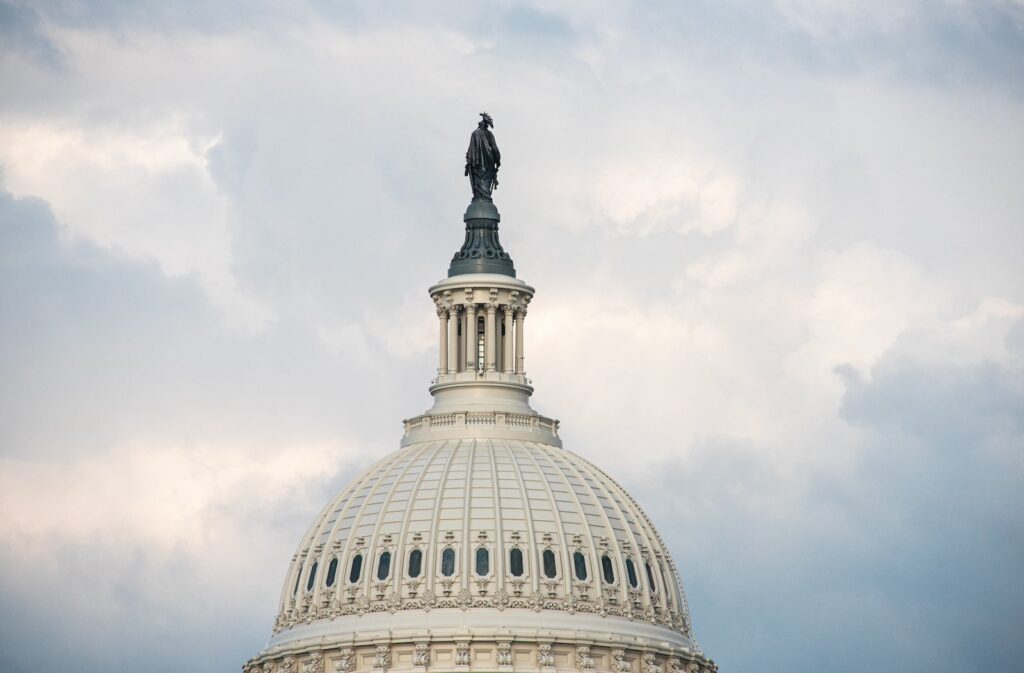Executives from five major U.S. airlines are set to be grilled Wednesday on Capitol Hill over those pesky add-on fees that regularly cause passengers to pay far more than the base price of a plane ticket.
A Senate subcommittee will hear testimony from leaders of American Airlines, Delta Air Lines, United Airlines, Frontier Airlines and Spirit Airlines over the growth in ancillary fees paid by customers — costs that now stretch well beyond checked bags to other “extras” like selecting a seat or, on some restrictive tickets, bringing a full-size carry-on bag on board.
The hearing comes after a scathing report released last month by the Senate Permanent Subcommittee on Investigations, which criticized the billions of dollars in add-on fee revenue pulled in by airlines in recent years, “obscuring the total cost of travel” and making it more difficult, the report argued, for customers to comparison shop.
“Our investigation has exposed new details about airlines exploiting passengers with sky-high junk fees,” Sen. Richard Blumenthal, a Democrat from Connecticut and the chair of the subcommittee, said in a Nov. 26 statement. “I will be asking airlines to justify these practices.”
Related: Upgrades clearing less? Airlines say more passengers are just paying for those first-class seats
A trade group for the largest U.S. carriers said the organization was “deeply disappointed” in the report which, it said, showed a misunderstanding of the airline industry.
“Today, U.S. airlines are providing more options and better services while ticket prices, including ancillary revenues, are at historic lows,” Airlines for America said in a statement to TPG this week.
As part of a yearlong investigation, lawmakers found American Airlines, Delta Air Lines, United Airlines, Frontier Airlines and Spirit Airlines generated $12.4 billion in seat fee revenue between 2018 and 2023. That’s on top of more than $25 billion in bag fee revenue reported by those carriers to the U.S. Department of Transportation during that same time frame.
The report scrutinized Frontier and Spirit, the nation’s largest ultra-low-cost carriers, for incentive-based programs it alleged paid gate agents millions of dollars in commissions when customers paid for bags or other ancillary costs at the airport.

Daily Newsletter
Reward your inbox with the TPG Daily newsletter
Join over 700,000 readers for breaking news, in-depth guides and exclusive deals from TPG’s experts
Related: Frontier Airlines announces first-class seats, companion pass for high-level elite status
It also called on Congress to mandate that airlines offer clearer data on just how much ancillary revenue they collect from “extra” charges; today, airlines report checked bag fee totals to the government but don’t face the same disclosure requirements for the growing amount of other non-fare revenue they pull in.
Airlines first added checked bag fees in the late 2000s amid rising fuel prices and the ensuing Great Recession. Since then, checked bag fees have grown steadily, and add-on costs for passengers have spread to other aspects of air travel amid the growth of budget airlines and the advent of no-frills basic economy fares at the largest carriers.
More recently, 2024 saw most major U.S. carriers hike bag fees over a matter of weeks — a tight time frame that also drew the ire of the November report, keeping consistent with a historical pattern that typically sees the largest airlines piggyback on competitors’ moves to raise bag fees.
For its part, Airlines for America contends that airlines’ wider array of optional services and charges caters to an increasingly large flying population that, today, has allowed nearly 90% of Americans to board a commercial flight at some point in their lives.
“That is because Americans have the power of choice to pay for the service they want and forgo those they don’t,” the organization said.
Wednesday’s hearing in front of the Senate subcommittee is set for 10 a.m. in Washington, D.C. It’s unclear what, if any, action might come out of the hearing or just-completed investigation, with the 118th Congress set to wind down later this month and the Biden administration due to leave office in January.
Related reading:






